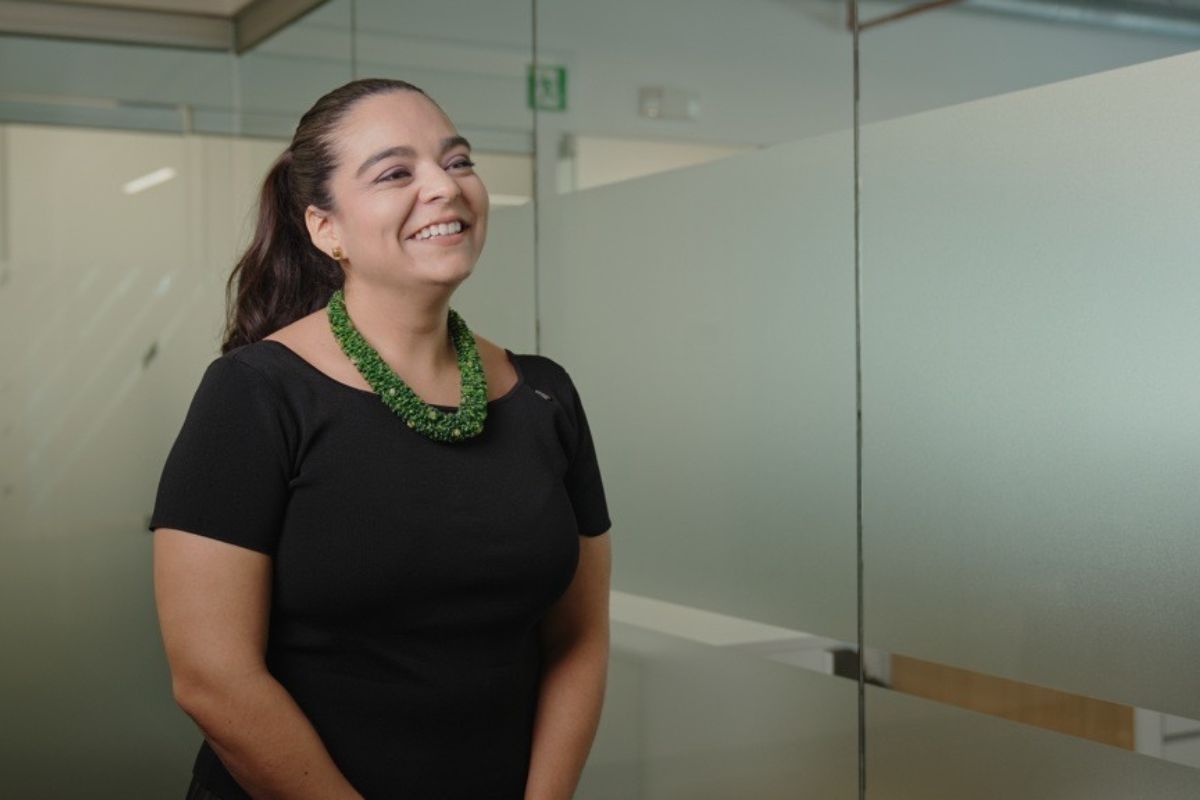Alajuela, November 25, 2025. Advanced manufacturing, digitalization, and talent development reinforce Costa Rica’s leadership in the global MedTech industry.
Positioning Costa Rica as a Global MedTech Exporter
The Medical Device industry in Costa Rica has emerged as one of the strongest in Latin America. In 2023, the country exported more than US$7.500 million in Medical Devices, growing at an average annual rate of 18% since 2017. This growth has made Costa Rica the second-largest exporter in the region and the fifth-largest supplier to the U.S. market.
Coyol Free Zone leads this positioning being the main hub for Medical Devices and Smart Manufacturing in Costa Rica. More than US$4.440 million in medical technology is exported annually from the Park, representing 54.9% of the total exports of the country in this sector.
This industrial success has also been translated into quality job creation. From approximately 22,400 jobs in 2017, the sector grew to over 55,000 direct jobs by 2023, marking a 127% increase. Free Zones do play a key role: Coyol Free Zone alone employs 24,500 people, accounting for more than 41.75% of the national MedTech workforce.
According to Jimena Fletes, Executive Director of the Costa Rican Medical Device Cluster, the long-term success of the country stems from a solid foundation:
“When we talk about the success of Costa Rica in creating a Medical Device hub, we can identify four main pillars: human talent development, legal stability, the Free Trade Zone regime, and the country’s geographical location.”
A Magnet for High-Value Investment
The Free Trade Zone Regime in Costa Rica continues to drive Foreign Direct Investment (FDI). In 2024, the country attracted US$4,321.6 million in FDI, of which 64.3% went to Free Zone operations. Within this context, Coyol Free Zone stands out with over 3% of the GDP of the country. We host the successful operation of 34 firms, including 7 of the Top 30 Global Medical Device companies.
Fletes highlights a unique differentiator in the Costa Rican model:
“In Costa Rica, we have not only manufacturing companies but also contract manufacturers and a network of local and international suppliers that make production more agile.”
Read more: Coyol Free Zone hosts seven of the Top 30 Global Medical Device companies
Human Talent: Costa Rica’s Competitive Edge
Costa Rica ranks 47th globally in the 2025 Global Talent Competitiveness Index, due to its strength in talent development and bilingual education. This translates into a robust workforce of engineers, technicians, and skilled operators.
Coyol Free Zone actively supports human capital development in the Life Sciences sector through alliances with public and private educational institutions, such as the National Learning Institute (Instituto Nacional de Aprendizaje – INA, in Spanish), the Ministry of Public Education (Ministerio de Educación Pública – MEP), the University of Costa Rica (Universidad Costa Rica – UCR), the Technological Institute of Costa Rica (Instituto Tecnológico de Costa Rica –TEC), the National Technical University (Universidad Técnica Nacional-UTN), technical high schools, and private universities, as well as directly with companies based in the Park. The programs offered in partnership with INA, LUMINO, and Universidad Castro Carazo create a pipeline of qualified talent aligned with industry demands.
Fletes underscores the importance of these collaborative efforts:
“Coyol Free Zone has been a key leader in our human talent development group, especially through best practices and strategic partnerships for the training of technicians and operators.”
Read more: Why Costa Rican Talent is Key for Nearshoring Success in 2025?
From ‘Made in Costa Rica’ to ‘Designed in Costa Rica’
Looking ahead, the next phase of growth for Costa Rica will demand a deeper evolution in the value chain advancing toward a 5.0 Industry landscape.
These technologies reflect the shift from “Made in Costa Rica” to “Designed in Costa Rica,” a vision that prepares the country for greater R&D value creation in Life Sciences.
Fletes explains the significance of this transformation: “Costa Rica needs to take the next step — from Medical Devices made in Costa Rica to Medical Devices designed in Costa Rica. “Designed in Costa Rica” involves creating an ecosystem that fosters innovation and research and development — from new materials and technologies to suppliers capable of integrating advanced testing, packaging, and validation services.”
This shift toward innovation and knowledge generation positions Coyol Free Zone as a central player in Costa Rica’s emerging Free Zones 5.0 model: an evolution focused not only on manufacturing efficiency, but also on design, automation, digitalization, and artificial intelligence.
Fletes also notes that the future of the Life Sciences industry will increasingly depend on energy efficiency, carbon reduction, and patient-centered innovation. These priorities resonate with Coyol Free Zone’s triple-impact model — economic growth, social progress, and environmental stewardship — which ensures that innovation and responsibility go hand in hand.
For global investors, this translates into long-term value: operating in a location that meets international standards, empowers human capital, and connects with global supply chains.
“It is an entire new ecosystem that we must keep strengthening to foster design and innovation in Costa Rica,” concludes Fletes.

